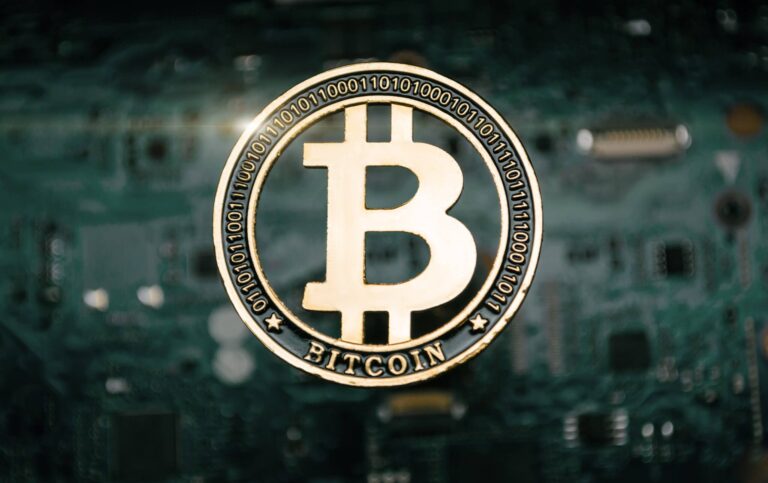Hook: Imagine waking up to a sudden surge in Bitcoin’s price, just because of one post on social media claiming Bitcoin ETFs were officially approved. But here’s the twist: that post was fake, and it led to the arrest of the young man who allegedly hacked the U.S. Securities and Exchange Commission (SEC) to spread this lie.
The Story Unfolds
In January, Eric Council Jr., a 25-year-old from Alabama, was arrested for allegedly hacking the SEC’s social media account on X (formerly Twitter). Prosecutors accuse him of posting a fake announcement stating that Bitcoin ETFs (exchange-traded funds) had been approved for trading. Just by reading this, investors rushed in, and Bitcoin’s price surged by over $1,000, showing how much power social media rumors can hold in the financial world. But the post was a complete lie—intended to deceive and possibly profit from the hype around Bitcoin ETFs.
Why is This Important?
The case reveals just how influential digital security and online reputation are in today’s financial world. The SEC is one of the main financial regulators in the U.S., responsible for maintaining stability and trust in the markets. When something like this happens, it shakes the foundation of that trust. For someone looking to understand the digital asset ecosystem, this case highlights why security, verification, and ethical behavior are critical in finance and crypto.
What Happened Step-by-Step
- The Hack: Eric and his co-conspirators allegedly gained access to the SEC’s X account by stealing a victim’s personal information. They used this information to set up a fake identity, create a fake ID, and get a SIM card linked to the victim’s phone.
- Posting the Fake Announcement: Once they had access, they sent out a post claiming the SEC had approved Bitcoin ETFs, which are funds that track Bitcoin prices and are traded like stocks. This led to a price surge as excited investors bought into the news.
- Bitcoin’s Price Surge: The market saw an immediate reaction. Bitcoin’s value spiked by over $1,000 as investors rushed in, believing the news was real. But the SEC quickly clarified that the announcement was fake.
- The Arrest: Following investigations, Eric was arrested and charged with identity theft and fraud, as well as conspiracy to commit these crimes. He pleaded not guilty, and now, U.S. prosecutors are preparing to offer him a plea deal, meaning he could agree to certain terms in exchange for a lighter sentence.
Key Terms to Remember
- SEC (Securities and Exchange Commission): The main U.S. financial regulator that oversees the securities markets to ensure fair and secure trading.
- Bitcoin ETF: A fund that allows investors to trade shares linked to Bitcoin’s value on regular stock exchanges. Approval of Bitcoin ETFs is highly anticipated in the crypto world.
- Plea Deal: A legal agreement where the accused may admit to certain charges in exchange for a reduced sentence.
- Identity Theft and Fraud: Crimes involving stealing and using someone’s personal information to gain financial advantage.
Why It Matters for You
As someone interested in Bitcoin and trading, this case shows how easily misinformation can spread and manipulate markets. Understanding market security, the role of trusted financial regulators, and the impact of news on prices can help you make more informed, cautious decisions in your investments. It’s also a reminder to be critical of sources and verify information before acting.
This case could lead to stricter regulations around cryptocurrency and digital security, affecting anyone involved in crypto trading, investing, or building financial tech. By learning how such fraud happens, you’re arming yourself with the knowledge to navigate the complex, sometimes deceptive world of digital assets.
The Takeaway
In a digital world where one false announcement can shake markets, stories like this teach us the importance of verifying information, protecting personal data, and understanding the legal side of finance. For the SEC, this event serves as a warning that even the most trusted organizations are vulnerable to cyber threats, pushing the need for tougher online security.



